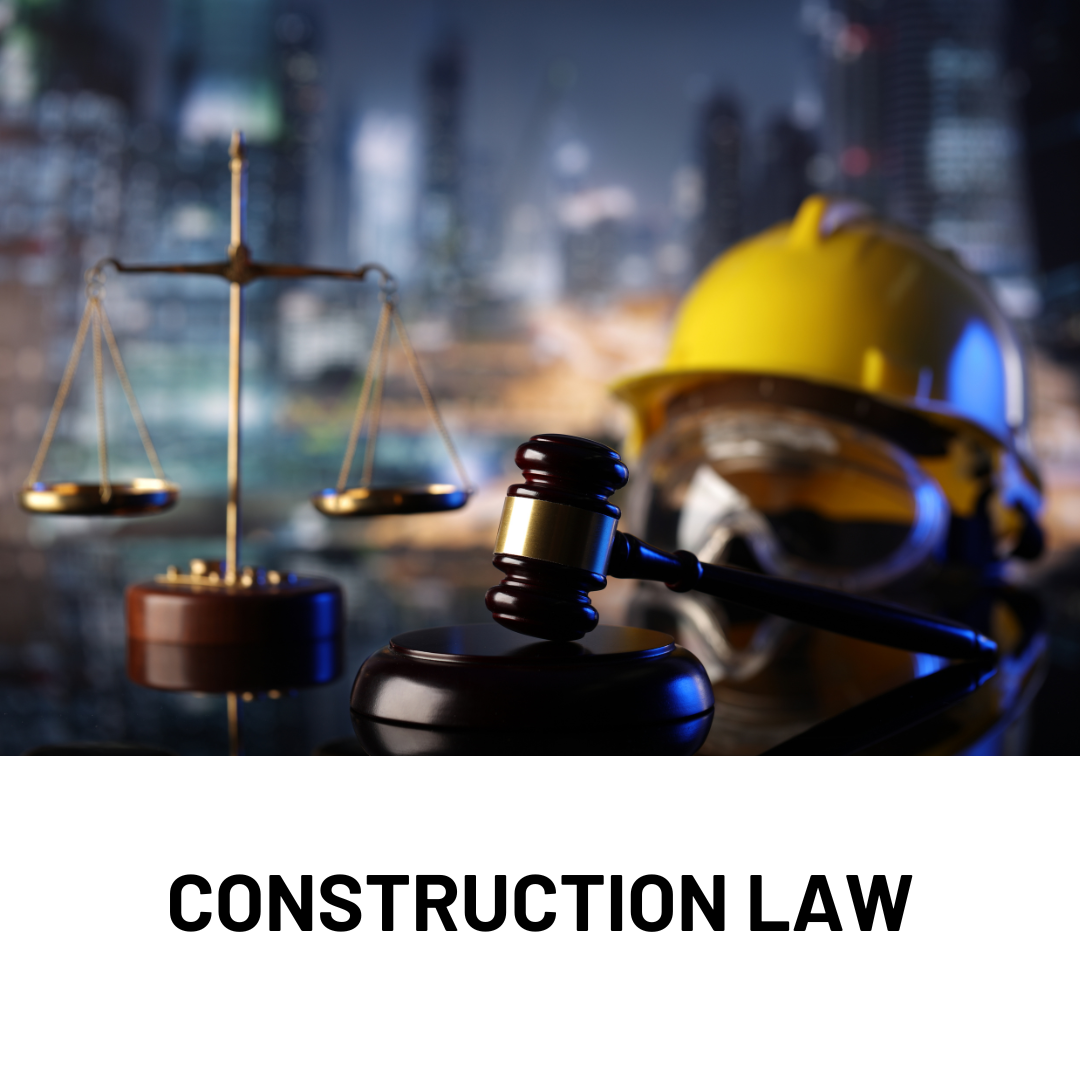-
What is the definition of value engineering and when it relates to construction?
-
VE Materials
-
Added Value with VE
-
Value Engineering in Construction

Definition of General VE – VE is a systematic approach of analyzing processes to lower project cost, locate areas of potential problems or low functionality, and increase quality.
Definition of VE in Construction – VE in construction is examining the function of each component of a project to determine if materials of equal functionality and/or lower price will provide the same or improved value. It looks at client desires and evaluates if the current design will add value or if increasing the initial investment will allow for a larger ROI. Also considered is the way construction is slated to be done and if there are other alternatives that will yield the same results on a faster schedule.
VE Materials
In design and construction we have industry go-to materials that we consider first. When we do a VE evaluation, those materials are inspected to determine if we have other options that provide equal or greater value for lesser monetary investment. For example, CLC bricks are more expensive per brick but less costly overall due to the amount of mortar, longevity, and labor involved. When doing a VE overhaul, the substitution of one for the other may increase the dollar amount in one column while lowering it in the project total. While the cost is lowered, the value is fully preserved.
VE Added Value
As stated above, VE isn’t solely about decreasing the bottom line. In some cases, value engineering increases the initial investment but adds long-term project value. For example, let’s say your client wants to add a pool and during the VE process you determine that a larger pool with a jacuzzi will allow your client to charge more over time. This means that the construction cost goes up, but the ROI does as well and for a longer period. You can now offset the expense for adding the jacuzzi by allowing your client to boast premium amenities.

VE in Construction
If you could guarantee that you had the same value and complete your development quicker, would you consider it? VE addresses cost efficiency and value, but it’s also a tool to determine what processes can be safely sped up. Construction is a fine-tuned mix of several processes at once. VE goes through each one to find where you can speed up construction. For example, can you fabricate materials sooner and store them? Can you cut lead times by accomplishing steps A and B sooner?
Many think of VE as subpar, that’s simply not right. We discussed how VE can lower construction cost and we looked at how increasing your investment can create faster ROIs. Whether you’re looking to keep your project’s integrity, lower cost or add value, VE is key. Don’t let “value engineered construction” make you think of lesser quality, rather of a faster ROI.






